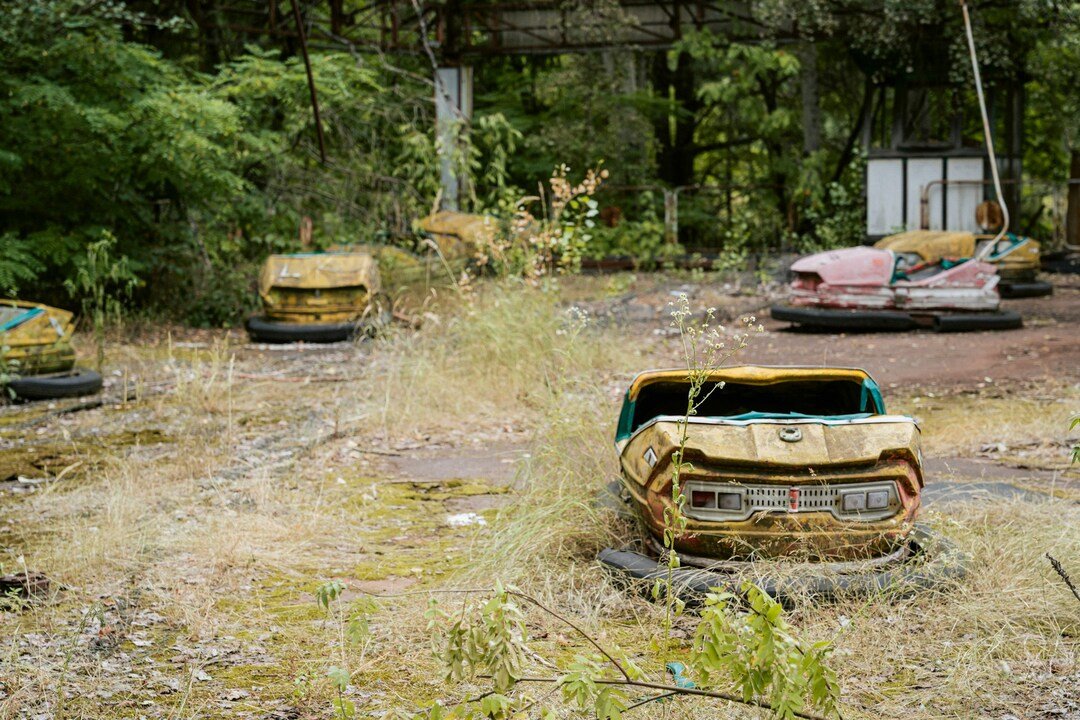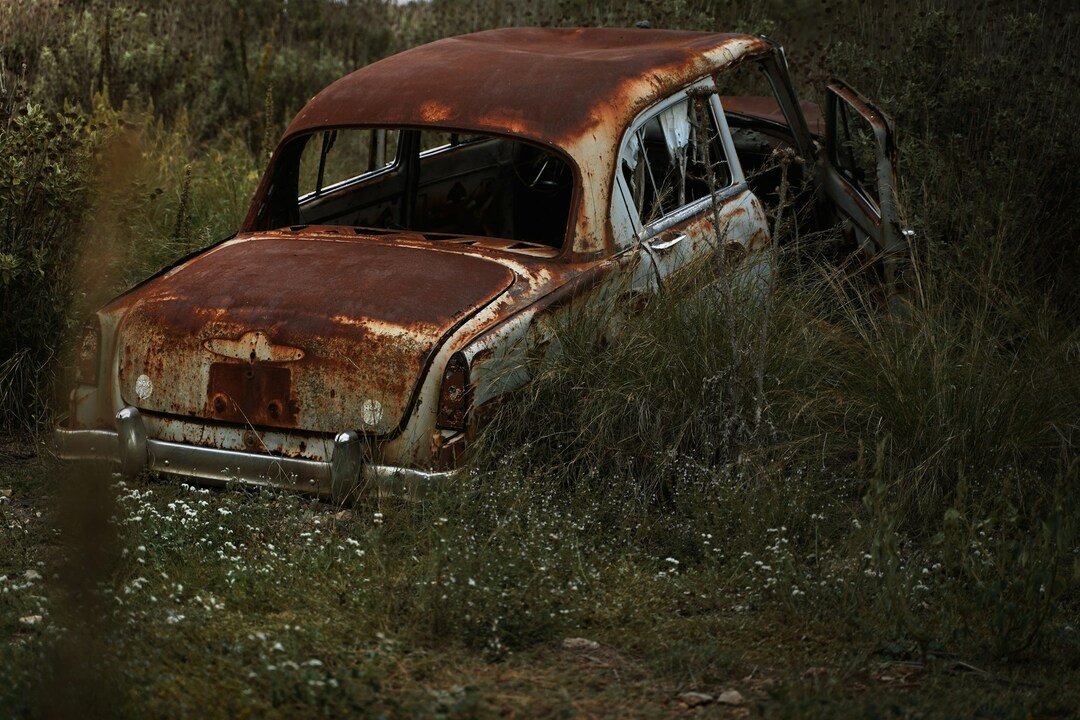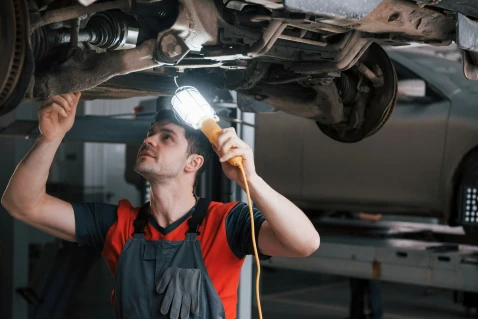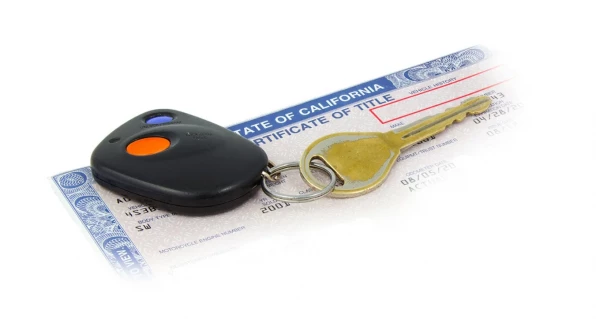A Branded Title
A car title is a legally binding document that establishes the owner's right to use and possession of a motor vehicle in the United States. A vehicle's title not only proves ownership but also details any known problems with the vehicle. To double-check those details before you buy, it can help to run a vin search and review the vehicle’s reported history. In addition, a title can be either "clean" or "branded.
Furthermore, most new cars for sale often feature a clean title with no major accidents or other issues on their record. Whereas, branded cars have been declared a total loss by the insurance company. This may be revealed by performing a title check. However, it is impossible to get a branded title changed back to a conventional or clean one since the title stays with the automobile even after being branded.
What is a branded title and should I avoid it in the car-buying process? Essentially, there are many kinds of branded titles. In this post, we'll go through the most common types of branded titles and all you need to know about branded titles.
What is a Title Brand?
Title brands let you know whether a secondhand car has been damaged or if the used cars could be dangerous to drive. If a vehicle's title has been "branded," this is an official designation issued by a state agency and should be reflected in the documentation associated with the vehicle's ownership. No private entity has the right to brand a title. This is why it is often advisable to check the VIN number before buying a vehicle.
Additionally, different states have different laws governing the branding of titles, but some of the most prevalent brands are Salvage, Junk, Totaled, Lemon, Water, and Reconstructed Titles. Other title brands may have a somewhat different definition in one state than another, and other states have their own unique sets of title brands. We suggest contacting the Department of motor vehicles in your state if you have any inquiries regarding title brands accepted there.
What are the Types of Branded Titles?
Here are some common categories of branded titles:
Rebuilt Title Brand

In most cases, if an insurance company determines that an automobile is a total loss due to an accident, it will auction off the car to reclaim part of the money it paid out. An auto shop might purchase the vehicle with the intention of fixing it up and reselling it.
A safety inspection must be passed once these fixes are made before the car may be driven again. If it does, the state inspection will stamp the title as a repaired or reconstructed car and issue it a brand-new title. It is noted on the title that the vehicle was repaired after being wrecked. The title informs potential buyers that there may be a compromise with the vehicle's mechanics or framework.
Salvage Title Brand

When a vehicle sustains significant structural damage (often greater than a certain percentage of its fair market value), states may issue a salvage title and salvage certificate. A salvage title may be issued to a vehicle after it has been declared a total loss by the insurance company. The "Salvage" title brand may be changed to "Rebuilt Salvage" after the repairs of the salvage vehicle.
As a rule, a modification like that necessitates an examination. Salvage or rebuilt vehicle can cause issues when purchased in other states. When moving to a new state, a title may become "clean" if the brand associated with the previous state's title does not transfer. If you want to be sure there are no hidden title brands on a car, even if it transfers to another state, obtain an EpicVIN report. It will record all title brands for a car regardless of whether or not they are valid in the state where the vehicle is registered.
Lemon Title Brand

Vehicles with numerous mechanical problems are often referred to as "lemons." You should realize that different states have different criteria (called "lemon laws") for determining whether or not a car is a lemon. Lemon laws are not universal. As an example, a car may be labeled as a lemon by the state on its title if a specific component has failed many times while still under warranty and this failure renders the vehicle unusable or hazardous to drive.
Importantly, the manufacturer needs to be given a chance to fix the issue. The car might be classified as a lemon if the same issue persists despite attempts to fix it. The issues must also have surfaced during the time frame covered by the warranty. Please keep in mind that the lemon legislation is different in every state.
If you want to find out more important information about your state's lemon law, you may call the DMV. A vehicle history report will indicate whether or not your car has a "lemon title," which can help you determine whether or not you've been driving a lemon.
Water Damage Title

Water is the greatest threat to electrical systems. There are many hidden electrical components in modern vehicles. In addition to the sensors and valves that are mostly controlled by a computer, the engines, and gearboxes are also susceptible to water damage. Vehicles can, and should, get wet without any problems. They are not, however, made to endure water.
In the event of floods, a car will likely be surrounded by several inches of water, if not several feet. Inundating a vehicle to such an extent may wreak havoc on it, resulting in problems ranging from malfunctioning electronics to wrecked engines.
When an insurance company determines that a vehicle has flood damage, they will buy it back from the policyholder and send it to auction, where it will likely be crushed. Nonetheless, others will attempt to repair and resell a flood-damaged vehicle. Cars with flood titles are risky, much as salvage titles.
Odometer Rollback Title Brand
If you are not a professional technician, it can be quite challenging to spot odometer rollback, mainly because unscrupulous sellers who engage in the illegal practice of rolling back an odometer to hide true mileage are knowledgeable about how to accomplish it. A smart approach to find out whether the odometer on a vehicle has been tampered with is to take it in for a checkup by a mechanic.
During the check, a qualified technician will be able to alert the customer to any problems they may find. In addition, you may get an EpicVIN report to learn more about the vehicle's past. EpicVIN will alert you to the possibility of a rolled-back odometer if it is found in the vehicle's history record.
Pros and Cons of Branded Titles
However, it might be tempting to purchase a vehicle with a branded title since it may appear fresh and perform well. However, before parting with your cash, have a look at the following benefits and cons:
Pros
Branded Title Vehicles Cost Less: A car with a branded title may be a good deal if you're on a tight budget and need dependable, affordable wheels. Vehicles with branded titles may be sold for half the price of those with clean titles.
Your Budget Could Allow For A Newer Car: You may get more for your money by buying a branded title vehicle. A more luxurious car than you might normally afford is within reach.
Cons
Selling A Branded Title Automobile Might Be Difficult: Cars with branded titles might raise suspicions among buyers and reduce their resale value.
Financing Could Be Challenging: Cars with clean titles are often required to get a loan for one. Your financing rate and monthly payments might be greater if the automobile you want has a branded title.
Finding An Insurer May Prove Difficult: You may have to look around for insurance because not all firms cover branded title cars.
Possible Mechanical Problems: Buying a car with a branded title is a gamble. Damaged or otherwise flawed cars may not be trustworthy or cost you a lot to fix and repair.
Is It Worth It To Buy A Car With A Branded Title?
It might be a little risky to purchase a vehicle with a branded title. It may end up being a fantastic deal if you're ready to take a chance and everything goes according to plan. Otherwise, you run the risk of spending more money than you would have if you had just bought a car with a clean title in the first place because of unanticipated mechanical or performance problems, increased insurance and finance expenses, and greater difficulties when trying to sell the automobile.
The Bottom Line
Whether you're purchasing a pre-owned vehicle from a dealership or a private party, you should always protect yourself by choosing the cleanest model available. A title brand is a visible imprint on a vehicle's title that indicates the vehicle has been involved in a serious accident. No matter how much money you save, it's best to get a vehicle with a clean title.
Obtain a vehicle history report and request to check the title if purchasing a used automobile to ensure its legitimacy. If the seller agrees, you'll receive confirmation that the vehicle is legitimate and comes with a clear title. Both the buyer and the seller face additional challenges throughout the registration procedure if the seller cannot produce the title.
There's no need to settle for a branded automobile with 40 million second-hand cars being bought and sold annually. The term "branded" refers to a vehicle's ability to carry out a certain task. No matter how well the branded title vehicles are fixed, the branded title mark will remain.
Further reading
Frequently Asked Questions
A branded title doesn't always prevent you from getting auto insurance, but it might end up costing you more.
Get a report on the car's past from EpicVIN and check the vehicle identification number (VIN), before you buy a used vehicle. If the state DMV has made the title information available, it will be displayed while using the VIN Check. Find out if the vehicle's title is clean or has been previously branded.
Yes. You can legally trade in a vehicle with a "Salvage" title that you have fixed and gotten a "Rebuilt" title for. Although, note that not all dealerships will accept a branded title car.







